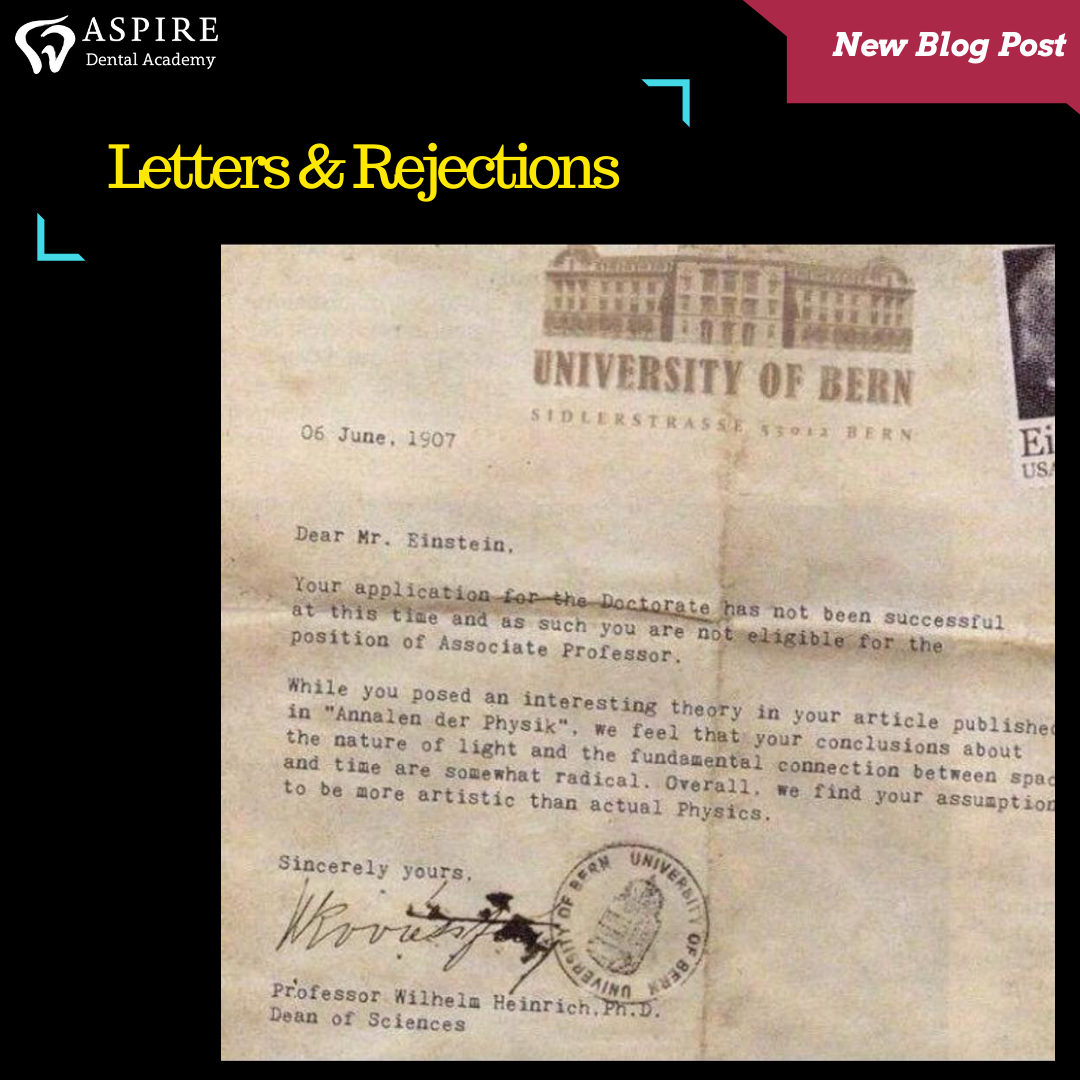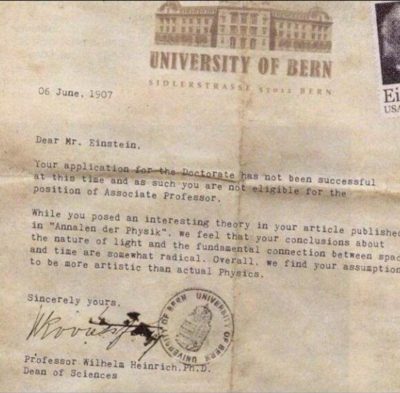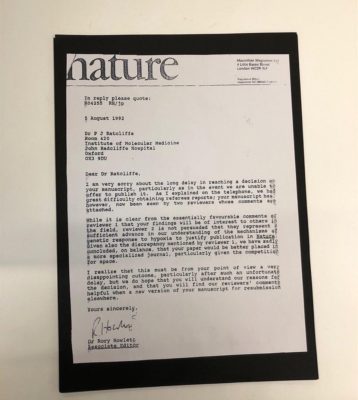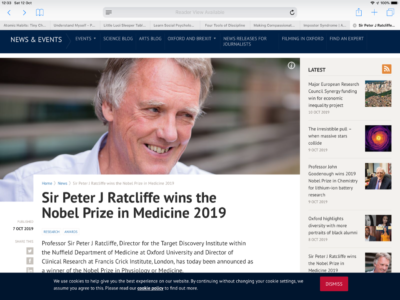
Letters and Rejections
Before working with Raheel, I spent most of my professional career in the company of scared, insecure, aggressive, opinionated men who felt threatened by the challenge of others’ intellectual prowess. They would happily belittle, ignore or even fight back against people who questioned their opinion. I am sure some of you came across tutors like this during your undergraduate career.
A lot of people go into education not to help others but to exalt and glorify themselves in having authority over those who, as yet, have less knowledge or skill. This is hardly a conducive environment for learning, and fortunately education psychology has helped many institutions rid themselves of these parasitic worms. We are now much better at understanding how individuals can maximise their potential, how they can thrive with the right stimulus and just the appropriate amounts of stress to capitalise on their strengths – as well as the means to lay bare their weaknesses, so those can be tackled just as well.
We make that our raison d’être at Aspire, and it is captured succinctly in one of our opening quotes: “We like you to ask questions we cannot answer rather than us having answers that you cannot question.” Through this statement we let each new cohort of our delegates know that you are allowed to challenge anything. You are allowed to ask for evidence on anything. You are allowed to ask for live demonstrations on anything. You are allowed to ask for justification for an opinion on anything, and we are happy to do this for anyone at any stage in their career. Not because we are cocksure, but because if somebody challenges an opinion, it may well be that they have a completely valid point and their opinion is going to enhance our own understanding of the science, literature and clinical applications of what we try and achieve every day.
This makes us a better team. It makes our delegates part of our team. It makes us push onwards as a group, and we share these learning experiences with everyone. I cannot begin to tell you how fulfilling this becomes for both teachers and learners in each group, and it is certainly one of the greatest sources of professional enjoyment and pride – a sentiment shared by both Raheel and I.
I’d like to illustrate this point by telling you about two events, one historic and one recent. The first example concerns Albert Einstein. Early on in his career he received a letter of rejection from what were then the perceived academic authorities. Despite receiving this absurd letter, he nevertheless went on to set a bar so high that the rest of the world, including you and I, have been staring in admiration at his staggering achievements ever since. What this teaches us, of course, is not just about the challenges faced by those who are ahead of their time but also the importance of tenacity in Einstein’s psychological disposition.

And here is the much more recent example. From this week. Below is a rejection letter to Professor Ratcliffe from one of the most esteemed academic journals in the world of nature, and you can read it for yourself. Essentially it says there is little publishable educational/academic validity in his findings and he needs to go back and think again. Recently, he won the Nobel Prize for the very same research.


How does this translate into your own personal career development and learning experience? It means that you may well have created idols in your dental world whom you compare yourself to and want to emulate, and they have authority over you. There is probably nothing wrong with that as long as they are completely benevolent in their goals for you. It is important that they do not try and glorify themselves. It is important that they do not regard themselves as stars. It is important that they are honest, that they have a healthy self-doubt and continual desire for self-improvement; that they have a willingness to accept new and perhaps threatening opinions from younger, hungry junior colleagues. For all these reasons, it is important that they have open minds, no inflated ego, and a realisation that when push comes to shove, we are in this together. We want you to be part of our team and enjoy working with us at Aspire; this is the aspect that Raheel and I cherish the most.
When we teach, we do not hold back on any of our own knowledge or experience. There are no secrets. And if someone challenges us, we never fight back; we simply want to enjoy your learning process in the full knowledge that you help us as well.
We look forward to seeing you soon on our Advanced Operative Aesthetic and Restorative Dentistry (PgCERT).

